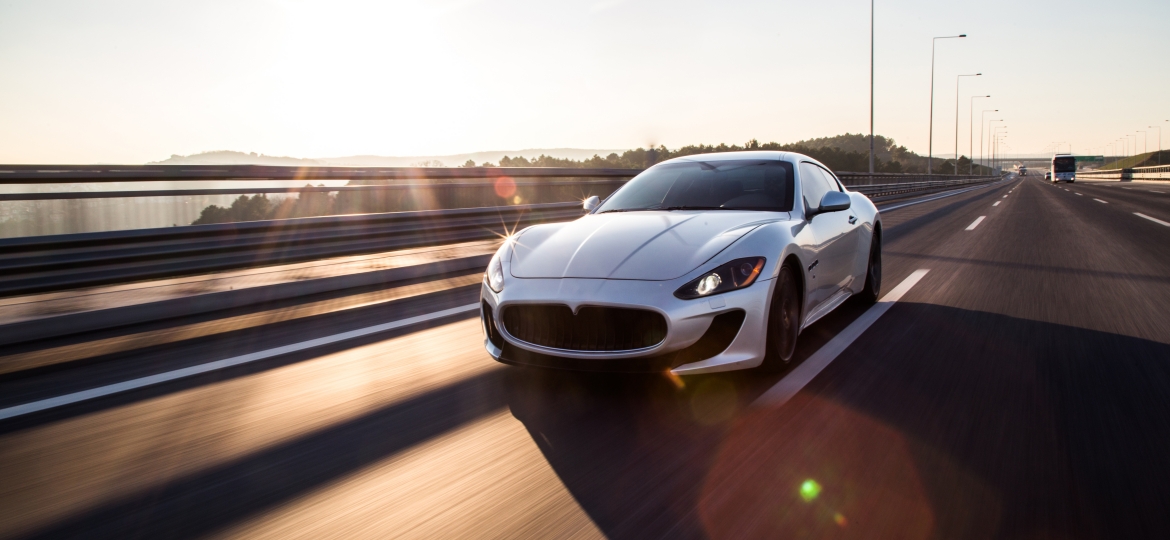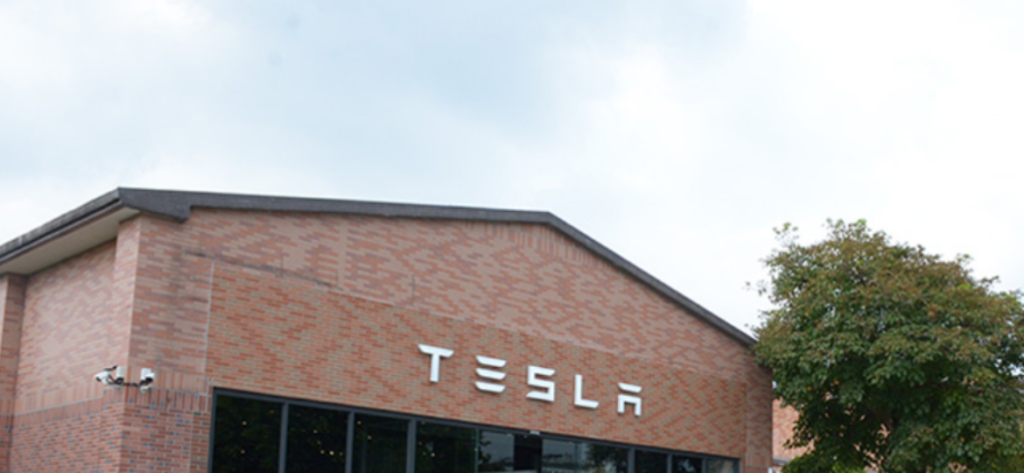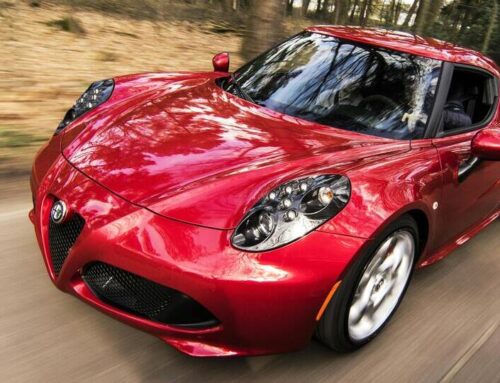March_Electric Vehicle|Automotive Technology Upgrades to Benefit Related Industries
After two years of rocket-like growth in global EV sales, the third quarter of 2023 is showing gradual weakness, and the enthusiasm for EV-related industries is gradually dissipating as AI takes over. The enthusiasm for the EV industry is gradually dissipating as AI takes over. Instead, the enthusiasm will be replaced by actual market reviews, which will lead to doubts about the inability of EV factories and related investments to turn expectations into profits. Traditional car makers that have both fuel and electric vehicles in their product lines are rumored to be slowing down their investments in EVs and shifting their focus back to fuel vehicles. Former Toyota Group CEO Akio Toyoda, who has always been down on EVs, made a prophetic statement that EVs are unlikely to replace fuel cars, which seems to indicate that the scales of the automotive market are slowly coming back to the fuel car end of the scale. It is true that the rapid expansion of electric vehicles will not exist for the time being, but the trend of technology, the change of car-making concepts, and the cost issues brought about by price reductions will lead the entire automotive industry to continue to evolve.
Technology upgrades are balanced, and products that can be introduced into both fuel and electric vehicles have growth potential.
According to Ward Intelligence, in 2023, a total of 8,600 vehicles will be sold globally, of which 14.6 million will be electric vehicles, accounting for 17%. The overall growth rate of electric vehicles will be 34%, which is obviously slowing down compared to the previous two years' growth rate of 1,07% and 67%, and it is estimated that the growth rate of electric vehicles will be further slowed down to 23~25% in 2024. ~The overall growth rate is expected to fall to 2~4%. However, a revolution in automotive technology led by electric vehicles has already taken shape in the past few years, looking back at the three major areas, "battery and management system (BMS)", "intelligent cabin system", "advanced supplemental driving system (ADAS)", in addition to "battery and management system (BMS)", "intelligent cabin system", "ADAS", "battery and management system (ADAS)", "battery and management system (BMS)", "battery and management system (BMS)", "battery and management system (BMS)", "battery and management system (BMS)", "battery and management system (BMS)", and "battery and management system (BMS)", "battery and management system (BMS)". Except for "Battery and Management System (BMS)", which is exclusive to electric vehicles, most of the upgrade items and components of the latter two can be imported into electric vehicles and fuel vehicles; therefore, as more automotive technology is upgraded, the first thing that will benefit is the products that can be used directly in this type of system. In this wave of upgrades, the automatic driving system that emphasizes safety will focus on the upgrade of the sensors that help the self-driving software to obtain a large amount of data in terms of hardware; this includes the introduction of optical radar and the optimization of the cost, and the price of semi-solid-state optical radar is expected to be optimized to about $400 in 2024, which is already in line with the cost-effectiveness of the introduction, and it is estimated that we will see that the optical radar as the core of the automatic driving sensor system will be introduced into the middle-range car models. It is estimated that we will gradually see the introduction of optical-based self-driving sensing systems into mid-range vehicles. On the other hand, 4D millimeter wave radar technology, which can dynamically detect the surrounding environment, has been mass-produced by the end of 2023, and is expected to become an important component of the camera-based system in the future. In conclusion, in the next two years, both the technical quality and quantity of sensors will be rapidly enhanced in the automotive field at a speed that can be seen with the naked eye.
In the smart cabin section, the most impressive item for consumers after the rise of the electric car trend, it is ultimately from the visual-oriented enhancement, often directly into the driver's eyes; from the past three years from the new models released by various brands can be seen, both the number and size of car display panels have had a clear upward trend, is the best case in point.
In addition to sensors and display panels, in terms of vision and safety, with the simultaneous growth of the "intelligent cabin system" and "advanced driver assistance system (ADAS)" is the very important but seldom mentioned automotive lighting. Due to the demand for technological enhancement driven by the electric vehicle trend, including ambient and welcome lights in the intelligent cabin, directional headlights for advanced driver assistance systems, stylized taillights, directional lights, fog lights, and so on...all of these enhance the technological experience of driving in a subtle way; the most direct evidence of this is the penetration rate of LEDs, which are relatively new in terms of technology, in electric vehicles. The most direct evidence is that the penetration rate of automotive LEDs, which is technically more innovative, has exceeded 90% in electric vehicles, while only 77% in fuel vehicles, with a growth potential of tens of billions of dollars in the next five years. Therefore, the related industries will have growth opportunities due to the next wave of technological upgrades.
The Next Wave of Automotive Upgrades by Taiwanese Companies
In recent years, Taiwan has been able to supply various components for both electric and fuel vehicles based on its solid foundation in the ICT industry. In this cycle of automotive upgrades, manufacturers that can enter the original design will be the first wave of direct beneficiaries.
For ShengkeWe are a high quality Taiwan supplier of radar modules, millimeter wave radar modules and systems. The main products are used in the automotive field, including short-, medium-, and long-range forward millimeter wave radar, blind spot detection radar, in-vehicle life detection radar, and internal wheel differential radar sensing system for commercial vehicles. Among them, the forward millimeter wave radar has already taken a market share of over 50% in Chinese car makers, and has been rumored to have entered the supply chain of German car makers, and Tesla in the U.S. has also been rumored to use its 4D millimeter wave radar module. The company relies on designing special specifications to match with automobile manufacturers to stand out among Tier 1 suppliers.
AUOAUO is one of the world's leading manufacturers of automotive display panels. In recent years, AUO has introduced multi-functional, multi-size, high brightness, and low-reflection automotive touch panels by combining its experience in consumer electronics. Currently, AUO's main customers in the automotive market are the three major German automobile manufacturers as the most well-known partners.
Luen Ka OptoelectronicsIn 2000, we invested in the LED automotive lighting module business, with continuous investment in R&D resources, we already have one-stop capabilities from design/simulation, pilot production/mass production, testing, validation, and logistics, which can provide better cost options and faster time-to-market for car manufacturers in automotive lighting. It is one of the few automotive lighting companies in Taiwan that has entered the pre-installation market. Its customers include Tesla, one of the top three fuel car makers and electric car makers in the U.S., the top three German car makers in Europe, and the top car maker in Japan. North America accounts for the majority of its revenue, so the company is currently actively expanding its U.S. production capacity and cooperating with its European strategic partners to expand its business in the region, so as to become a preferred partner of major automobile manufacturers and develop a positive relationship, and expect to become a Tier 1/Tier 1.5 supplier in the future. UMC is also one of the first companies in Taiwan to invest in automotive traffic signals, and has now become one of the top three LED traffic signals suppliers in the world.










